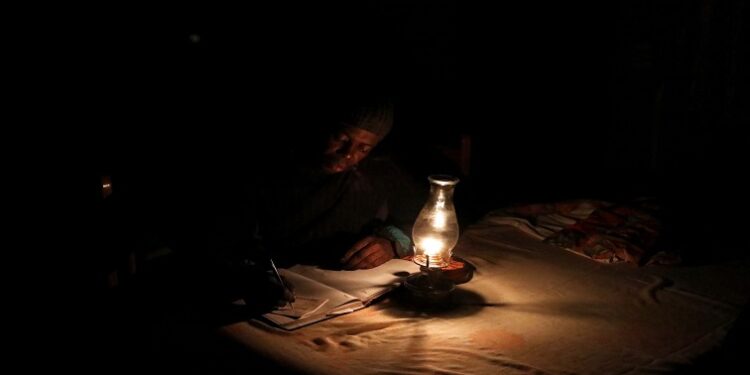Small business owners in Cape Town say they are losing income daily as load shedding continues to take its toll.
With further outages expected throughout this week, many are concerned about making ends meet, especially at a time when fuel and food prices have skyrocketed.
One of the go-to places for vetkoek or amagwinya in Cape Town is a spaza shop that has been around for more than two decades.
However, the continued load shedding is making trading difficult.
New Hope Spaza owner Vuyiswa Taule says the blackouts are negatively affecting her business. “I buy my goods and put them in the freezer, two hours, it’s off another two hours, it’s off. It really affects my business. I’ve got meat, I’ve got fish, I’ve got everything in my freezer and I must fry my amagwinya, and two hours later there’s no electricity.”
Small business owners in Cape Town heavily affected by rolling blackouts:
Taule says she’s had to use part of her savings to invest in alternatives like gas and solar.
“I used to start at 4 o’clock to open the business inside. But now because it’s dark I can’t do anything. The latest is 7 o’clock when we can get the light from outside so that affects my business.”
Eskom Blackouts I Stage 4 and 5 power cuts continue today
In Khayelitsha, a hair salon owner is also struggling to keep afloat.
Nyasha Kagoro says the continuous power outages have resulted in a drop in customers, and hence, less income.
“We have been affected a lot lately because of the load shedding. Most of the time, the electricity goes off when you are blow-drying somebody’s hair when you are washing someone’s hair, so it has affected us a lot lately. Business is now slow because when there is no electricity no one comes to do our services.”
The Cape Chamber of Commerce has slammed the constant power cuts as being disastrous, especially, for small businesses which have already been hard hit by the pandemic.
Cape Chamber of Commerce’s Jacques Moolman says, “What businesses need is to be able to plan. And the last thing we are able to do at the moment is the plan because you go from stage 2 to 4 to 6 to 4, you know, the baker needs to get into his taxi early into the morning get to work, the energy needs to be there for him to be able to do his job. It’s an out-of-pocket expense for him but it’s also an out-of-pocket expense for the actual small business that is unable to sell that loaf of bread today, so it is absolutely devastating specifically to the hospitality industry and the small businesses that are still in recovery mode after COVID-19.”
The City of Cape Town says it will continue doing all it can to protect residents from the full impact of rolling blackouts but says its infrastructure is taking a severe beating.
Cape Town Mayor Geordin Hill-Lewis explains, “Our heavy machinery such as water plants, sewerage pump stations, electricity transformers and substations are just not made to take this kind of abuse. The constant on-again, off-again is causing dozens of localised trips. Our city teams are out in full force dealing with these local faults and most can be resolved quickly, some take a while longer.”
The City says it’s also deployed more than 100 additional traffic and law enforcement officers to help manage traffic consequences of rolling blackouts and to be visible in communities during periods of blackouts.


